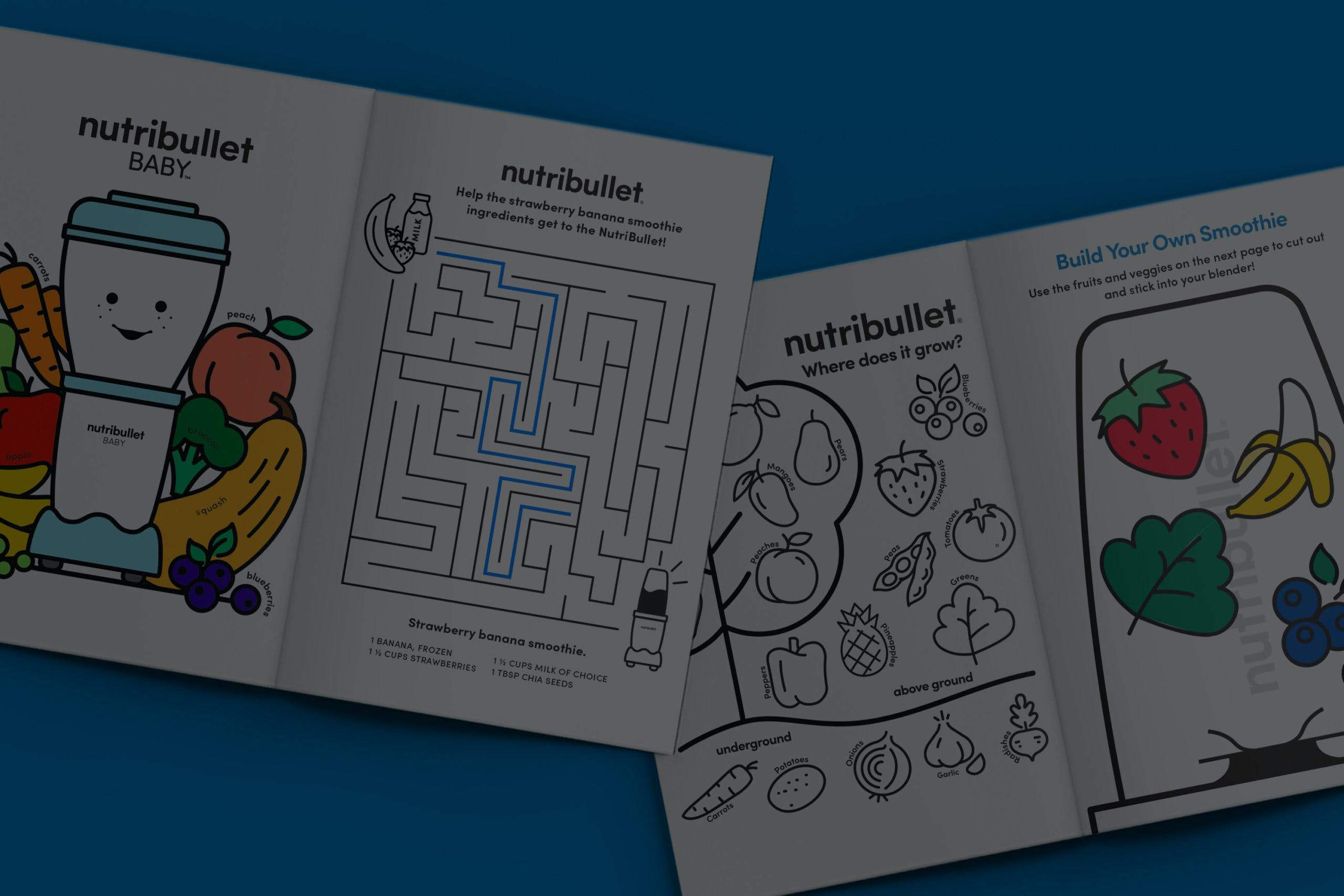We tend to associate high sugar diets with diabetes, obesity, heart disease and other health complications. Now, studies found that excess sugar consumption and the consequent insulin resistance raise another health concern: Alzheimer’s disease.
Blood Sugar and the Body
Whenever you eat something sweet or something high in carbohydrates, your body blood sugar level increases. As soon as the level of sugar in your blood rises, insulin kicks in and tries to regulate it. If you eat a lot of sugar or carbs at one time, a large amount of insulin goes to work. It’s a natural physiologic response to the consumption of sugar. When you eat too much sugar or carbs too frequently day in and day out, that natural response becomes a problem.
When an individual consumes a diet high in refined sugar and processed carbohydrates, they become insulin resistant. Having insulin resistance means that insulin was so overworked for so long that it simply doesn’t respond very well anymore. This results in the inability to clear sugar from the blood, leaving a person with chronic high levels of sugar floating around in the bloodstream. This can result in what’s known as type 2 diabetes.
Blood Sugar and the Brain
The brain is separated from the body by what’s called the blood-brain barrier. Sugar can cross through this barrier without the assistance of insulin. This is not ideal because, while insulin is not required to enter the brain, it is required to metabolize sugar. Without insulin, sugar can’t transform into nutrients for the brain, preventing it from functioning optimally. Over time, this causes the brain to be incapable of normal functions such as memory recollection.
Brain cells are sensitive to deficits in insulin. An excess of sugar without ample insulin to handle it can lead to a decrease in memory functions. A decline in memory can be the first sign of Alzheimer’s, which is the destruction of the entire brain, not just the memory center. New research found that prior to the onset of Alzheimer’s disease, many patients showed decades of sugar abuse and degradation of insulin function, stemming back to individuals as young as 24 years old.
The Good News
Education and awareness is power. Now that we’re aware of this connection, we can do something to offset the incidence of memory loss and Alzheimer’s disease. By taking the following dietary steps to heart and implementing them into your diet and the diets of your loved ones, we can slow down the degradation of brain cells.
- Avoid refined carbohydrates (i.e. baked goods, crackers, cereals, and pasta).
- Increase fiber intake, which helps control blood sugar and the absorption rate of sugar.
- Focus on whole foods to ensure your fiber intake is high.
- Don’t drink your sugar – avoid soda, juice, and smoothies made with flavored syrup or juice. These are extraordinarily high in sugar and void of fiber and protein to assist in the absorption of sugar into the bloodstream.
- Exercise! Both aerobic exercise and strength exercise can assist with the uptake of sugar and help clear excess sugar out of your blood for metabolic use.
Preventing Alzheimer’s disease may be easier than you think. Limiting sugar intake, maintaining a healthy, high-fiber diet and staying active can all help reduce insulin resistance that damages the brain and inhibits memory. By taking these small steps, you can begin to take control over your health.
Nutritional information
Recipe: Creamy Green Strawberry Dream Serving in this recipe:1
- Calories: 236.6
- Total Fat: 3.6 g 5.5%
- Saturated Fat: 0.4 g 1.9%
- Cholesterol: 0 mg 0%
- Sodium: 358.7 mg 14.9%
- Total Carbs: 45.7 g 15.2%
- Dietary Fiber: 9.9 g 39.4%
- Sugar: 22.1 g
- Protein: 8.1 g 16.2%
- Vitamin A: 481.9% Vitamin C: 244.1%
- Calcium: 68.5% Iron: 26.1%
* Percent Daily Values are based on a 2,000 calorie diet. Your daily values may be higher or lower depending on your calorie needs.





















